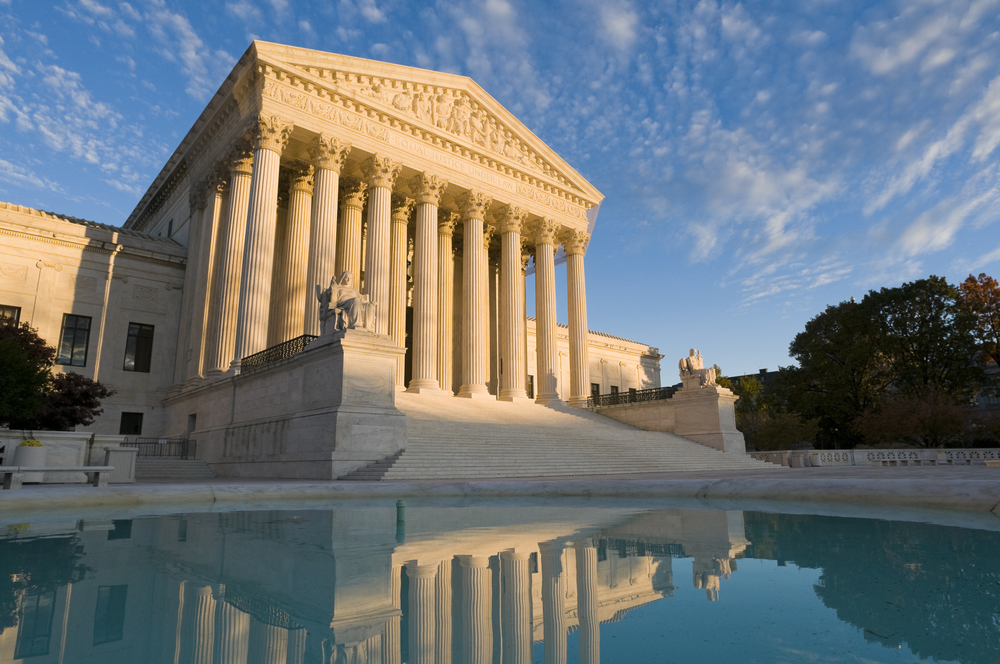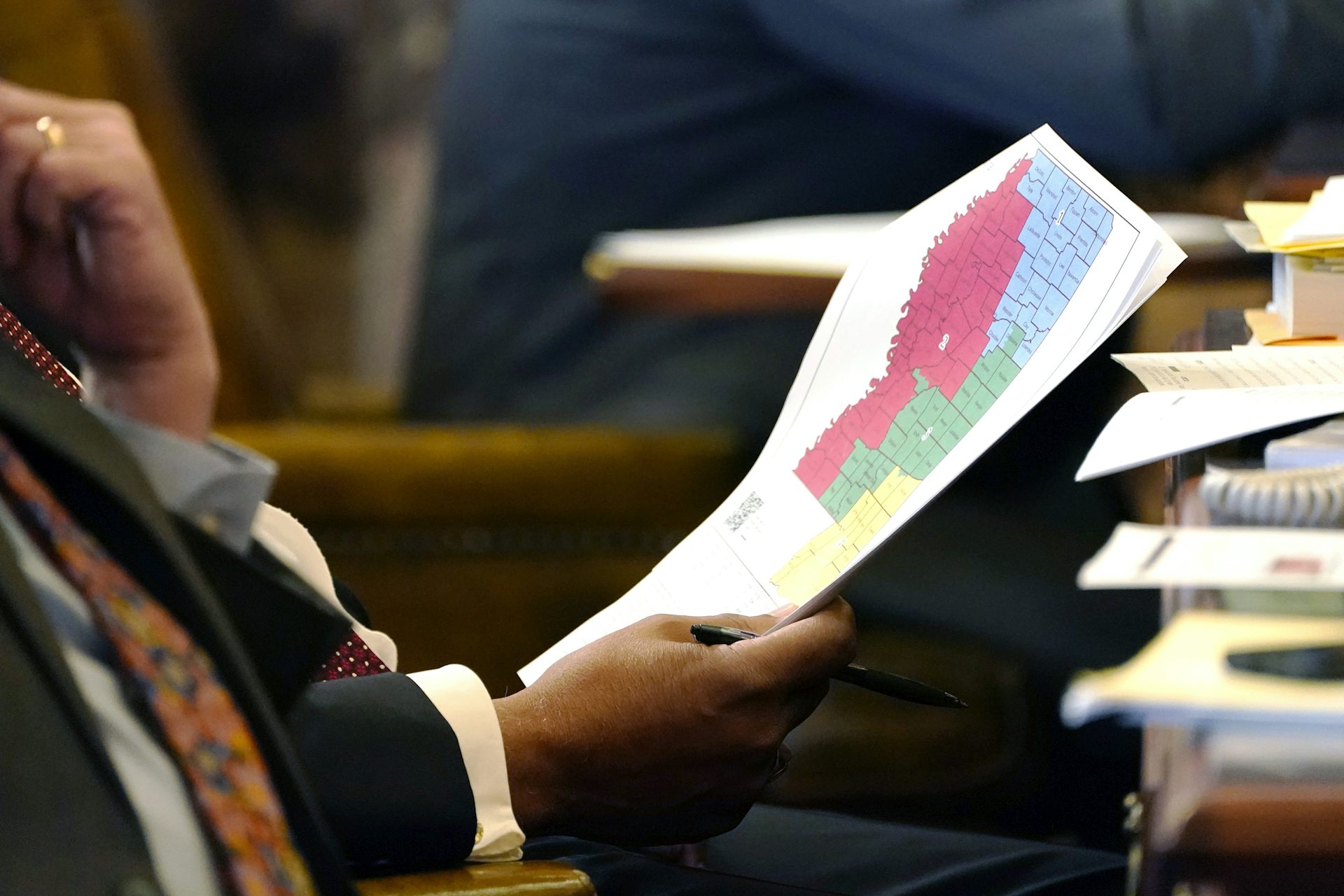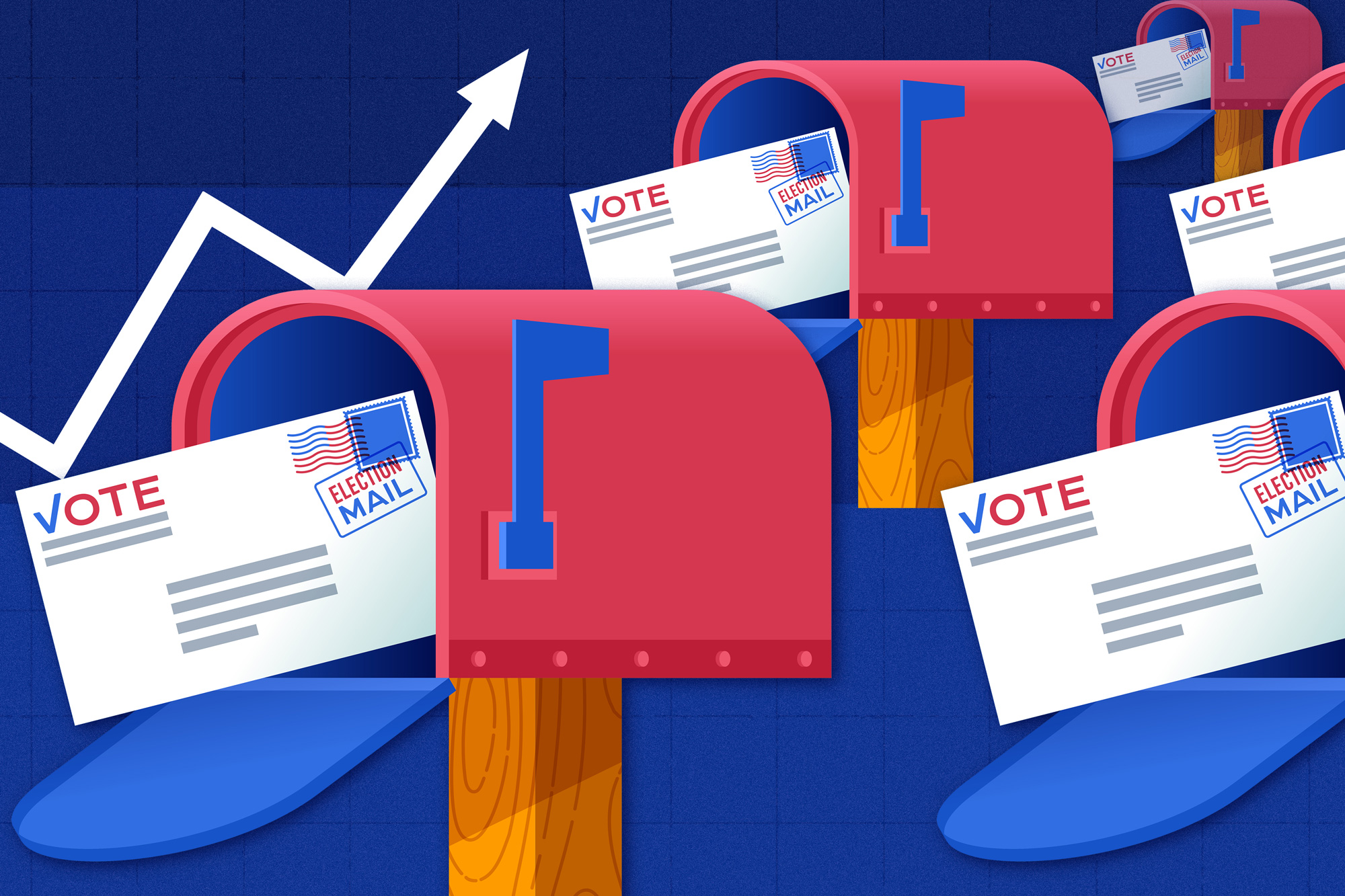As many state legislatures consider weakening voter protections and Congress debates new voting rights laws, recent research from the University of California San Diego’s Rady School of Management reveals that the 1965 Voting Rights Act contributed to improvements of the economic status of Blacks. Conversely, after the Supreme Court rendered the Voting Rights Act ineffective...
Governance
Study Sheds New Light on the Origin of Civilisation
New research from the University of Warwick, the Hebrew University of Jerusalem, Reichman University, Universitat Pompeu Fabra and the Barcelona School of Economics challenges the conventional theory that the transition from foraging to farming drove the development of complex, hierarchical societies by creating agricultural surplus in areas of fertile land. In The Origin of the State:...
The Politics of Uber
New research from City, University of London shows how platform firms (such as Uber or Deliveroo) have adapted to regulations to provide different services and gain infrastructural power. This power – which stems from their position as mediators across a variety of interests – is shaped by pre-existing regulations and the firms’ strategic response of ‘contentious compliance’....
Job Seekers Face Prison Credential Dilemma
New research published March 11 in Criminology by Sadé Lindsay, sociologist in the Cornell Brooks School of Public Policy, finds that the formerly incarcerated face a “prison credential dilemma” when deciding whether to use credential from prison education and training programs when seeking employment. The research article, “Damned if You Do, Damned if You Don’t: How...
New Study Estimates Annual Cost of Incarcerating Adults Convicted of Child Sex Crimes Topped $5.4 Billion in 2021
The U.S. government spent an estimated $5.4 billion last year at the state and federal level to incarcerate adults convicted of sex crimes against children under age 18, according to a new study led by a Johns Hopkins Bloomberg School of Health researcher. The study calculated annual spending on incarcerated adults convicted of sex crimes...
Biden Nominee Could Shake Up Court’s Liberal Wing
If President Joe Biden follows through on his promise to nominate a Black woman to replace retiring Supreme Court Justice Stephen Breyer, longer-term change to the court is possible, based on voting patterns of Black female judges versus white male judges, suggests new research from Washington University in St. Louis. The study, “Replacing Justice Breyer,”...
Trump’s Tweets: Telling Truth From Fiction From the Words He Used
Social media has supercharged the spread of information—and misinformation, which presents significant challenges when trying to distinguish between fact and fiction on social media platforms like Twitter. One of the most prolific, widely shared, and highly scrutinized Twitter accounts of the past several years belonged to former U.S. President Donald Trump. In the final year...
How This Cycle of Redistricting Is Making Gerrymandered Congressional Districts Even Safer and Undermining Majority Rule
In a democracy, voters choose their political leaders. In a democracy that permits gerrymandering – when state legislatures draw legislative district lines that maximize the dominant party’s chances of winning seats – elected leaders choose their voters. Gerrymandering undermines representative government. But it’s nothing new. The term “gerrymander” stretches all the way back to a...
Study Shows That Increased Voting by Mail Does Not Reduce the Security of U.S. Elections
Results of a study published in the scientific journal Risk Analysis indicate that the recent increase in mail-based voting due to COVID-19 has not jeopardized the safety of the U.S. elections process. Instead, mail-based voting increases voter access and may reduce the likelihood of adversarial interference, the authors argue. The COVID-19 pandemic led to swift changes in...
How Brothers in Arms Plotted Theft, Sale of U.S. Army Weaponry
Packed with rifles and explosives, the SUV hurtled down a Florida interstate beneath bright blue autumn skies, passing other motorists with little notice. It was November 2018, and the driver, Tyler Sumlin, was uncomfortable. Clammy. The husky, bearded former U.S. Army soldier was getting a cold, and understandably tense: He was transporting a platoon’s worth...









